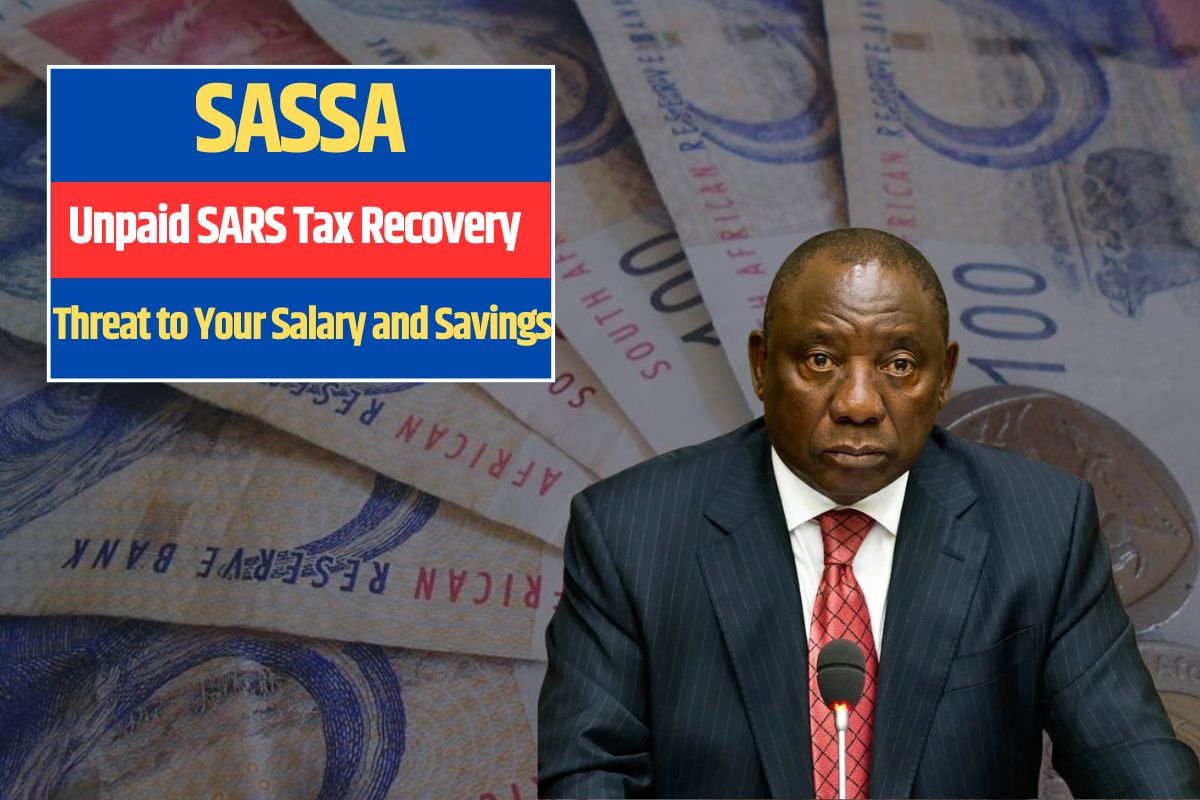The South African Revenue Service (SARS) plays a vital role in ensuring that the country’s tax system functions effectively. With a record R1.68 trillion collected in the 2023-2024 fiscal year—a 7.7% increase from the previous year—SARS has demonstrated the effectiveness of its enforcement measures. However, these measures can have significant consequences for taxpayers who fail to meet their obligations.
SARS’ Legal Powers to Recover Tax Debt
SARS is empowered by laws such as the Tax Administration Act (TAA) to take various actions against individuals or businesses with outstanding tax liabilities. These include:
- Deductions from Bank Accounts: Direct transfers from personal or business accounts.
- Salary Garnishment: Employers are instructed to deduct unpaid taxes from wages.
- Accessing Pension Funds: SARS can recover unpaid taxes from retirement savings, despite general protections under the Pension Funds Act (PFA).
Understanding SARS’ Authority
Section 179 of the TAA
Section 179 gives SARS the power to collect unpaid taxes directly from a taxpayer’s financial assets by working with third parties, such as:
- Banks: Funds in personal or business accounts.
- Employers: Deducting taxes from salaries.
- Pension Fund Administrators: Accessing retirement savings in specific circumstances.
Exceptions to Pension Protection
While Section 37A of the Pension Funds Act (PFA) generally safeguards pension savings, it permits deductions for authorized claims, including unpaid taxes.
Key Legal Case
In a notable case, SARS recovered R146,000 from a taxpayer’s pension fund. Although the taxpayer argued that this violated their rights, the High Court ruled in SARS’ favor, citing:
- Legal Exceptions Under Section 37A: Tax-related obligations are exempt from pension protections.
- Authority Under Section 179 of the TAA: SARS can recover taxes once pensions become accessible.
The SARS Tax Debt Recovery Process
SARS follows a defined procedure to recover tax debts:
- Notification: Taxpayers are informed of their outstanding liabilities through formal correspondence.
- Final Demand: If the taxpayer fails to respond, SARS issues a final demand specifying the amount owed and consequences of non-payment.
- Directive to Third Parties: SARS instructs third parties (banks, employers, pension administrators) to transfer funds to settle the debt.
- Compliance by Third Parties: Third parties are legally required to comply unless a valid reason for non-compliance is provided.
Constitutional Challenges and Taxpayer Rights
Taxpayers have occasionally argued that SARS’ actions infringe on their constitutional rights, such as access to social security. However, courts have upheld SARS’ powers, stating:
- The Constitution permits reasonable limitations under Section 36 to uphold tax laws.
- SARS must follow proper procedures outlined in the TAA, giving taxpayers the right to object or appeal if they believe SARS has acted unfairly.
Financial Impacts on Taxpayers
Failure to settle tax obligations can have significant financial repercussions, including:
- Loss of Pension Savings: Deductions from retirement funds can impact long-term financial security.
- Salary Reductions: Garnishments from wages reduce monthly income, affecting financial stability.
How to Stay Compliant
Taxpayers can avoid these financial risks by:
- Filing Returns on Time: Submit tax returns promptly to avoid penalties.
- Settling Liabilities: Pay outstanding taxes as soon as possible.
- Seeking Professional Advice: Consult a tax advisor for help managing your obligations.
Conclusion
SARS’ enforcement powers highlight the importance of staying up-to-date with tax obligations. While these measures ensure government revenue is maintained, taxpayers should be proactive in meeting their responsibilities to avoid severe financial consequences. If you believe SARS has acted unfairly, you have the right to object or appeal—but staying compliant is always the best approach.
FAQ’s
Can SARS recover unpaid taxes from my pension fund?
Yes, SARS can recover unpaid taxes from pension funds under Section 37A of the Pension Funds Act and Section 179 of the Tax Administration Act.
What is the process SARS follows to recover tax debts?
SARS first notifies taxpayers of outstanding amounts. If unpaid, it issues a final demand and can instruct third parties to transfer funds to settle the debt.
Are pensions generally protected from SARS?
Pensions are usually protected under the Pension Funds Act. However, exceptions exist for tax-related claims authorized by the Income Tax Act.
What should I do if I can’t pay my taxes on time?
Contact SARS immediately to discuss payment arrangements or consult a tax advisor for guidance. Avoid ignoring correspondence from SARS.
Can I challenge SARS if I believe they acted unfairly?
Yes, taxpayers can object or appeal if they believe SARS has acted unlawfully. Courts will review the case to ensure compliance with the Tax Administration Act.






